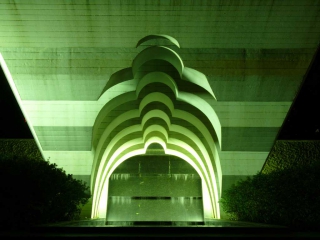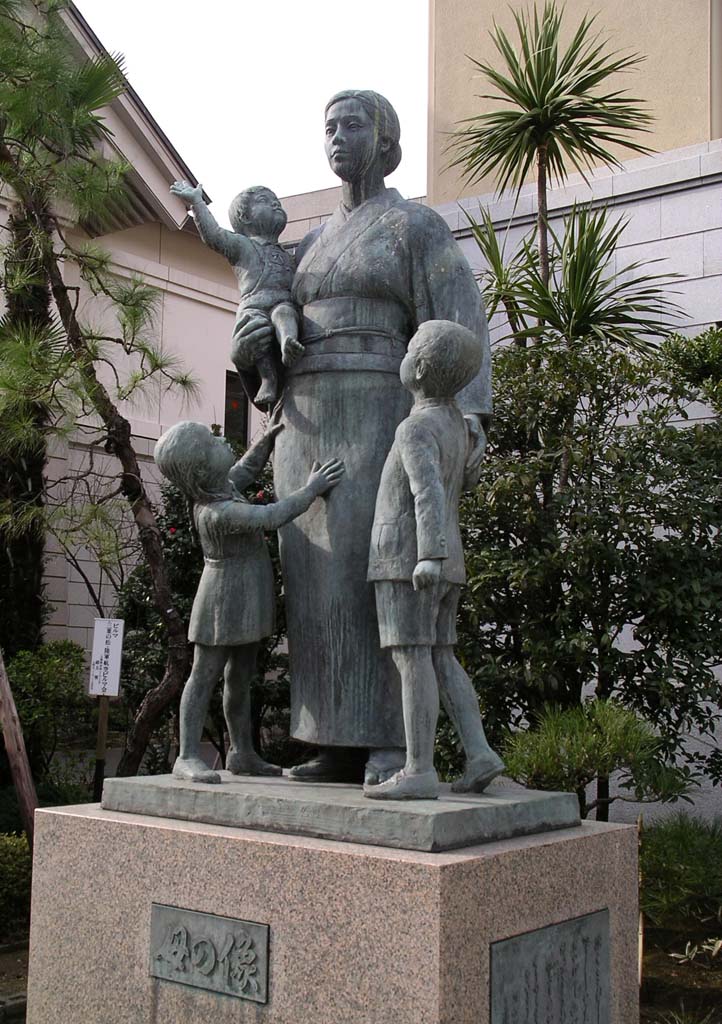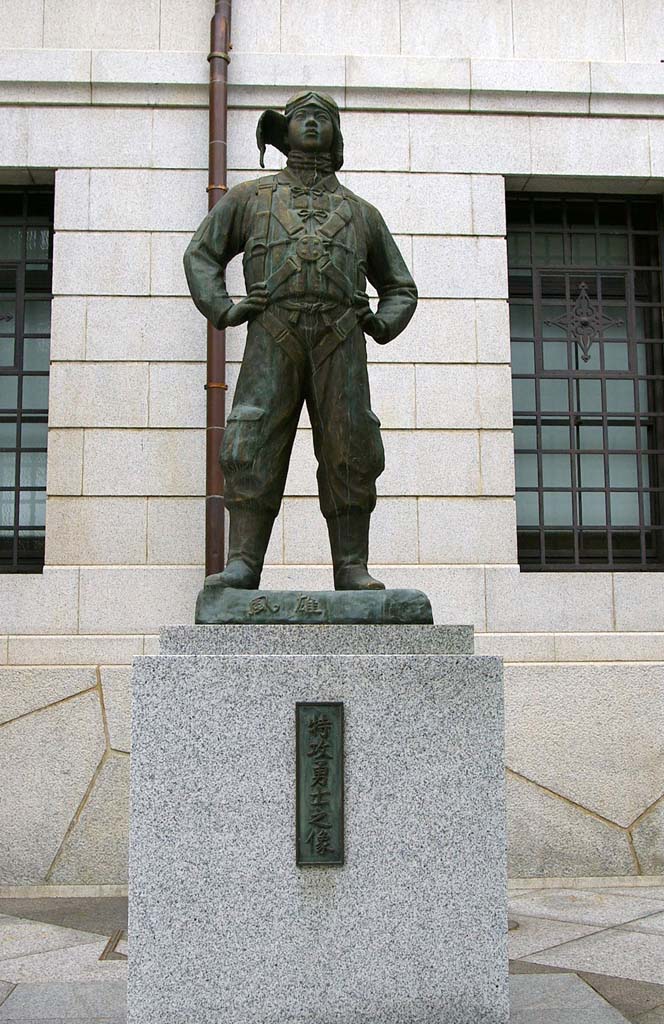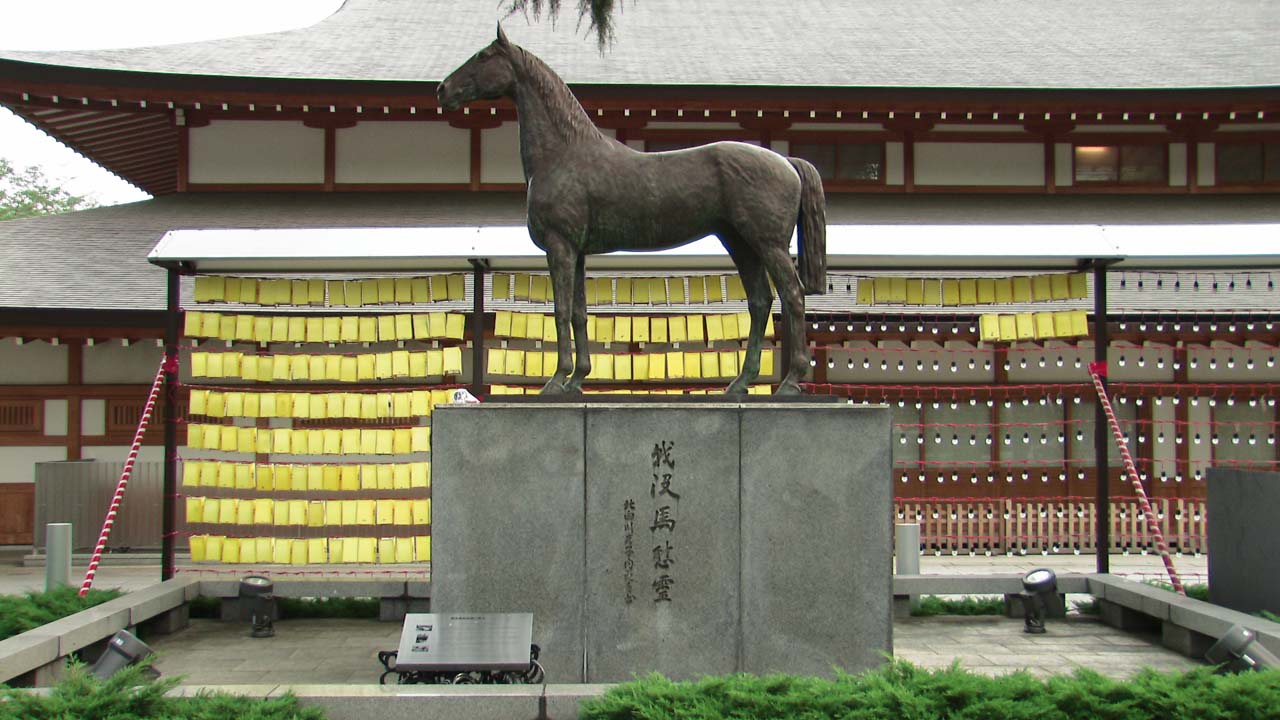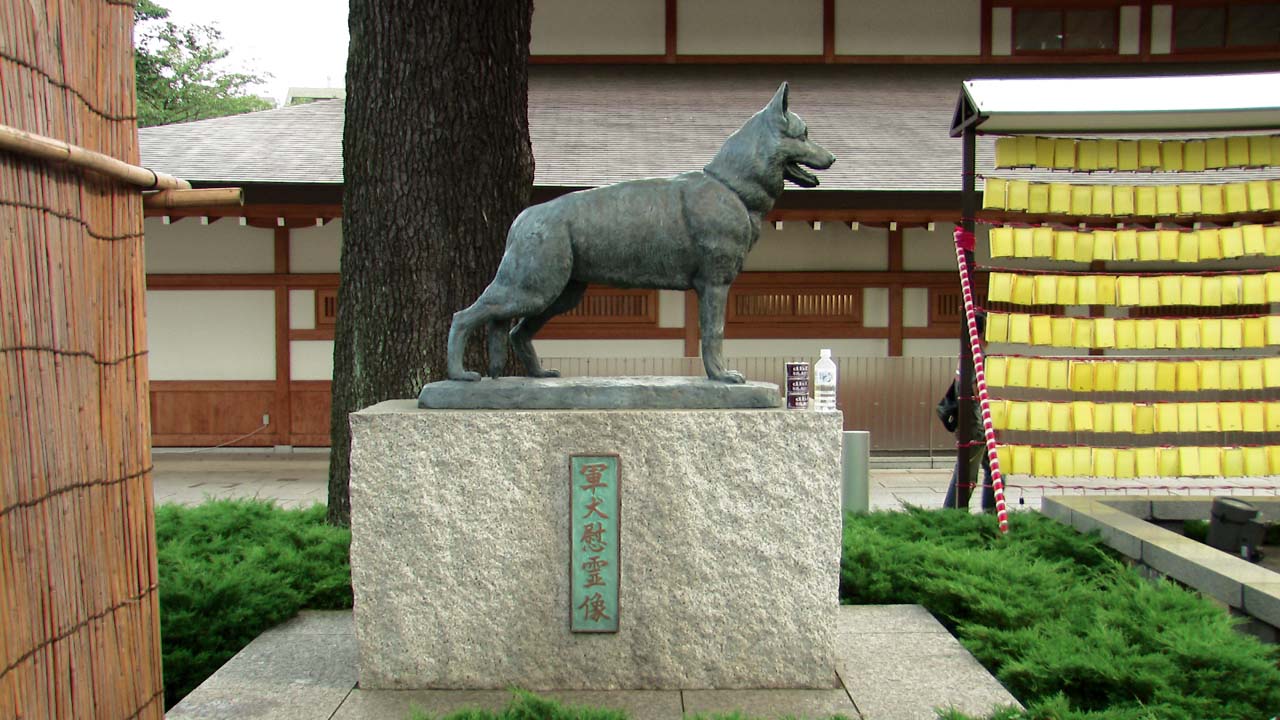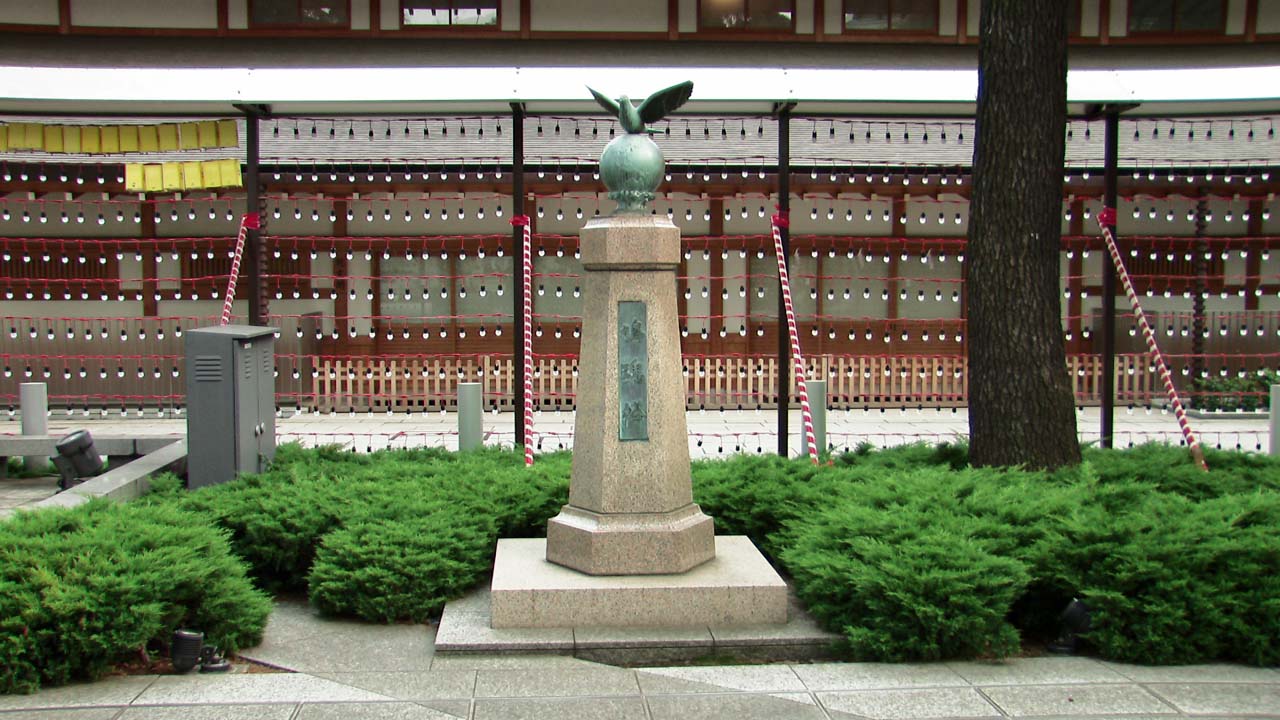Since the end of the Second World War, every year on 15 August (the day of Japanese surrender) Japanese members of government visit the Yasukuni Shrine in Tokyo. But Prime Minister Naoto Kan, elected on 4 June 2010, who some days ago already apologised for the colonial rule 1910-1945 to South Korea, continues his reconciliatory approach: for the first time since 25 years, no member of the government attended the anniversary’s ceremonies.
 In the Yasukuni Shrine (“Shrine of the Peaceful Country”), those members of the Japanese military are worshipped as “heroes’s souls” who died in the civil wars from 1855 onwards until the Second World War and the Second Chinese-Japanese War. Dead soldiers are not buried here but trahter “soul registers” i.e. indices of names. From the nearly 2.5 million names at Yasukuni, more than 2.3 million refer to the period of 1937-1945. The nearly unconditional worshipping of the dead in Shintoism thus includes convicted war criminals; therefore, the visits to the shrine by members of the government regularly led to resentment in the numerous neighbouring countries that had to suffer under Japanese occupation. Furthermore, a museum is on the shrine’s compound that includes at least historical misrepresentation, e.g. the Nanjing Massacre of 1937 is played down by stating that “with the taking of Nanjing, peace came back to the city”.
In the Yasukuni Shrine (“Shrine of the Peaceful Country”), those members of the Japanese military are worshipped as “heroes’s souls” who died in the civil wars from 1855 onwards until the Second World War and the Second Chinese-Japanese War. Dead soldiers are not buried here but trahter “soul registers” i.e. indices of names. From the nearly 2.5 million names at Yasukuni, more than 2.3 million refer to the period of 1937-1945. The nearly unconditional worshipping of the dead in Shintoism thus includes convicted war criminals; therefore, the visits to the shrine by members of the government regularly led to resentment in the numerous neighbouring countries that had to suffer under Japanese occupation. Furthermore, a museum is on the shrine’s compound that includes at least historical misrepresentation, e.g. the Nanjing Massacre of 1937 is played down by stating that “with the taking of Nanjing, peace came back to the city”.
Besides monuments for war widows and 5,843 kamikaze pilots killed in action, it is interesting that animals which died in military action are being remembered, too, of which quite a few have their own memorials, e.g. dogs and carrier pigeons. Besides those realistic sculptures depicting people or animals, there is another peculiarity, the memorial Irei no Izumi (the “fountain for the pacification of souls”): all those who suffered thirst or died of it in wartime are being remembered here, something that should be rather unique.
The Prime Minister on the other hand visited a national cemetry in Tokyo; but cemetries are impure places, according to Shintoism. Thereafter, he attened a remembrance ceremony together with Emperor Akihito. Kan stated that “we feel deep regret, and we offer our sincere feelings of condolence to those who suffered and their families.” This was very outspoken, especially in the Japanese context. One may hope that his speech will spark interest and resound throughout the country.
